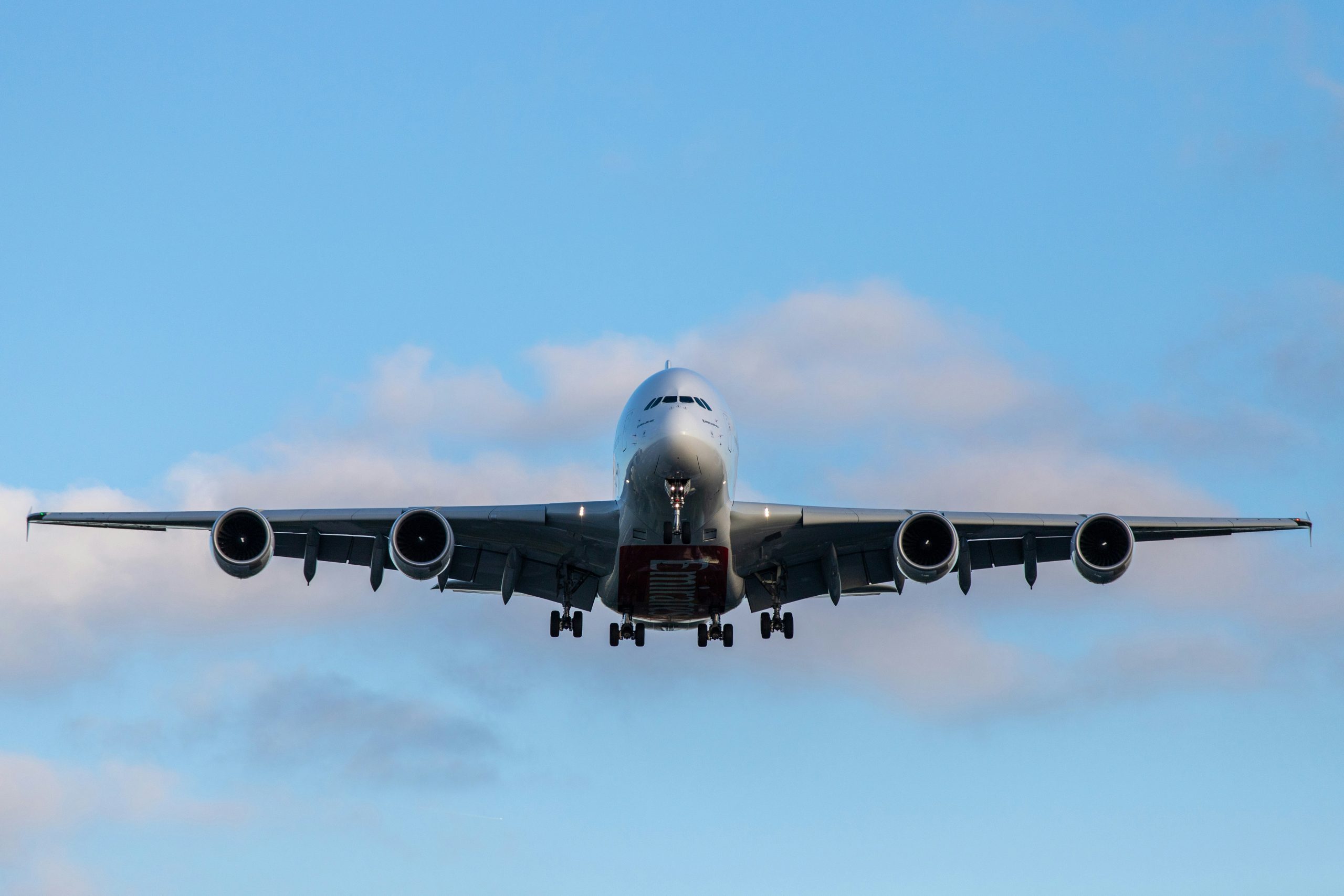Airfare Prices Surge with Frequent Flight Searches, Warns ProxyScrape CEO
Frequent flight searches might inadvertently drive up your ticket prices, according to Thibeau Maerevoet, CEO of ProxyScrape. While this may seem surprising to regular travelers, experts warn that excessive searches can lead to higher costs due to the algorithms and privacy practices of online booking sites.
How Search History Affects Airfare Prices
Studies and real-world data show a notable link between search behavior and flight fares. Time Magazine’s travel research team found that repeatedly searching for the same routes often results in higher prices. Online booking platforms use cookies to track and remember your search patterns, which can trigger dynamic pricing adjustments.
Their research indicates that fares tend to increase when users repeatedly search for flights from the same device. This strategy aims to create urgency and prompt quicker bookings.
Why Frequent Searches Inflate Your Airfare
Dynamic pricing, where businesses adjust prices based on perceived demand, is a key factor. Online platforms collect data from user searches and adjust prices to maximize revenue.
Maerevoet explains, “Booking algorithms detect interest levels, and multiple searches suggest high demand.” This leads to higher fare notifications, as systems interpret frequent searches as a sign of willingness to pay more.
LinkedIn’s study on dynamic pricing reveals that customers searching from the same IP address over a short period experienced price hikes, especially during peak travel times. These tactics pressure consumers to book sooner to avoid further price increases.
Additionally, Maerevoet notes that location data can impact pricing. Travelers in wealthier regions may face higher fares due to localized demand and purchasing power, with sophisticated algorithms targeting personalized pricing.
5 Tips to Avoid Inflated Airfare
To navigate these price increases, consider these expert tips:
- Use Incognito Mode: Browse flights in private or incognito mode to avoid cookies tracking your search history.
- Clear Cookies and Cache: Regularly delete cookies and browser cache to prevent dynamic pricing based on past searches.
- Vary Search Locations: Use different devices or a VPN to change your IP address and avoid trackers.
- Set Fare Alerts: Monitor price drops and get notifications for the best booking times.
- Book in Advance: Plan and purchase tickets ahead of time to avoid last-minute price surges.
Smart Travel Strategies
Understanding that frequent searches can lead to higher fares is key. By following these tips and recognizing the tactics of online booking sites, travelers can better manage their expenses and secure the best deals for their next journey.












